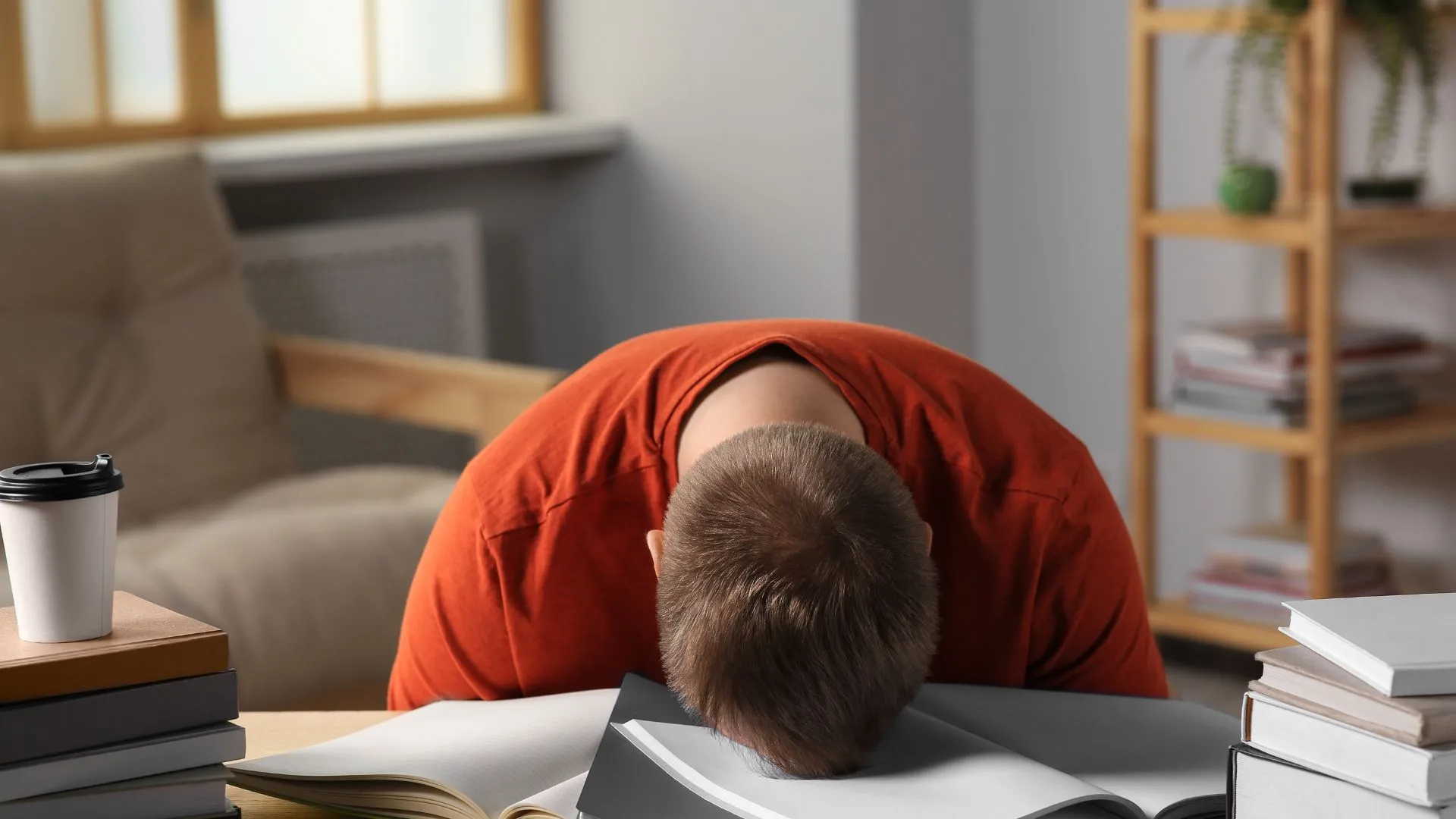How Does Sleep Deprivation Impact Your Mental Health?


We all know the feeling: that groggy fog after a sleepless night. But sleep deprivation goes beyond just feeling tired. It can have a significant impact on your mental health, affecting everything from your mood to your ability to cope with stress.
In this blog post, we will delve into the effects of sleep deprivation on your mental health and provide valuable insights for those struggling with insomnia or sleep debt.
Sleep is not just a time for rest and rejuvenation, but it plays a crucial role in maintaining our mental health as well. Sufficient sleep allows our brain to process emotions, consolidate memories, and regulate our mood. When we don't get enough sleep, it can have detrimental effects on our mental well-being.
Sleep deprivation can lead to a range of psychological issues, including increased stress, anxiety, and even suicidal ideation. Lack of sleep can make it more difficult to cope with stressors and regulate our emotions effectively. Additionally, it can worsen symptoms of mental health disorders such as depression and anxiety.
Research has shown a strong correlation between insufficient sleep and the onset or worsening of mental health disorders. Sleep problems can contribute to the development of conditions like depression, anxiety, bipolar disorder, and post-traumatic stress disorder. It is important to address sleep difficulties as part of a comprehensive approach to mental health.
The COVID-19 pandemic has brought about a new sleep-related challenge known as Coronasomnia. It differs from traditional insomnia as it is caused by the unique stressors and uncertainties associated with the pandemic. Many individuals are experiencing difficulty sleeping due to heightened anxiety and disruptions to their daily routines. Understanding Coronasomnia can help individuals find ways to improve their sleep during these challenging times.
Sleep deprivation not only affects your mental health but also has significant implications for your physical well-being. Lack of sleep can weaken your immune system, increase your risk of chronic conditions like obesity and diabetes, and impair your cognitive function. It is crucial to prioritize sleep as part of a healthy lifestyle.
Sleep debt refers to the cumulative effect of not getting enough sleep over time. It's like running on an empty gas tank. The more nights you skimp on sleep, the bigger your sleep debt becomes. This can lead to a cascade of negative effects, impacting your mood, energy levels, focus, and even physical health. So, if you find yourself constantly hitting the snooze button, it's a sign you might be running a sleep debt. The good news is you can make repayments. Prioritizing good sleep hygiene and catching up on sleep when possible can help you recover from your sleep debt and start feeling your best again.
There are various treatments available for sleep difficulties, depending on the underlying causes. Cognitive-behavioral therapy for insomnia (CBT-I) is a highly effective treatment that focuses on improving sleep hygiene and changing negative thoughts and behaviors related to sleep. In some cases, medication or alternative therapies may be recommended. It is important to consult with a healthcare professional to determine the best course of action.
Creating healthy sleep habits can significantly improve your sleep quality and overall well-being. Here are some tips to help you get started:
Sleep deprivation can have profound effects on your mental and physical health. It is important to prioritize sleep and seek help if you are experiencing sleep difficulties. At Phool, we offer a range of products designed to promote better sleep, such as our sleep pillow mist made with sleep-inducing natural herbs. Remember, a good night's sleep is essential for your overall well-being. Take the necessary steps to prioritize your sleep and improve your mental health.